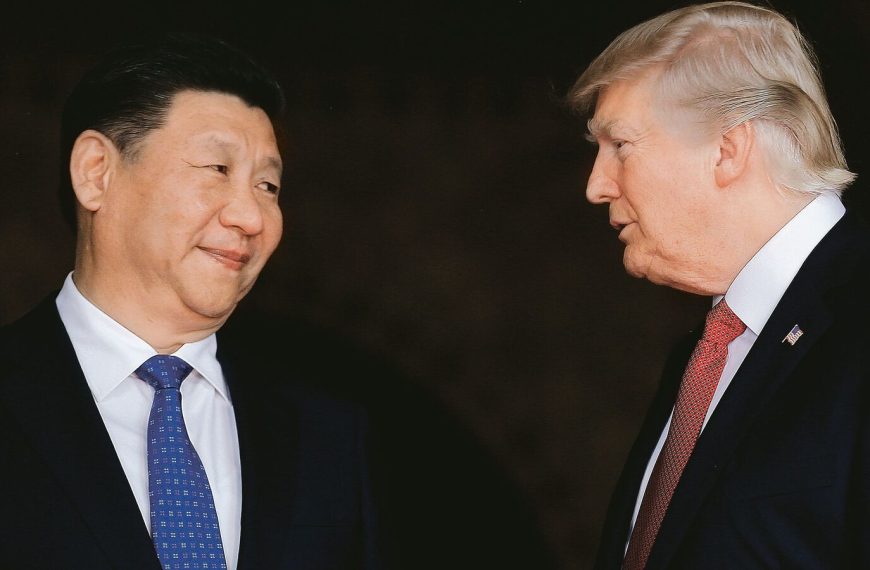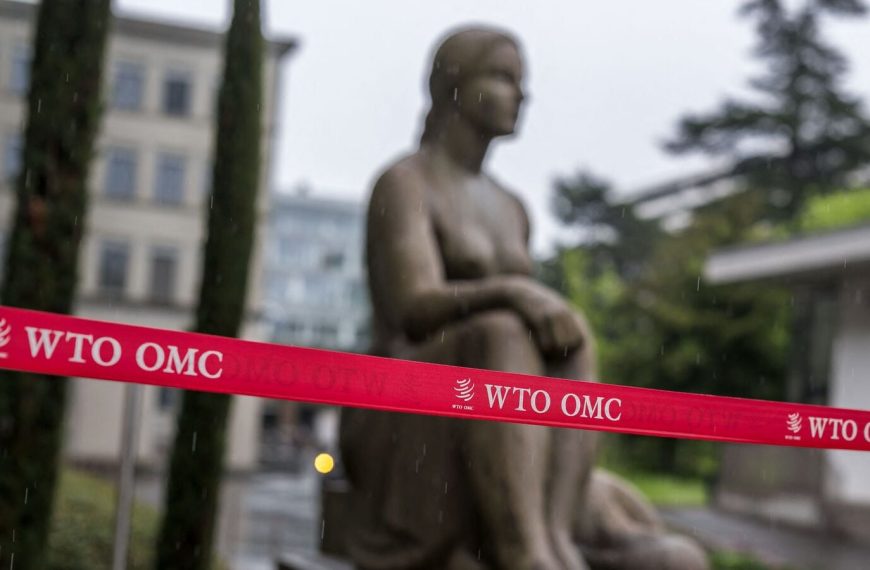The Indian government has made significant strides in its tax collection efforts during the current fiscal year, gathering a remarkable ₹21.26 trillion in net direct taxes. This figure represents an impressive 95% of the revised target for the entire year, as reported by the Income Tax Department following the deadline for the final advance tax installment. The growth in tax revenue—encompassing corporate income tax, individual income tax, and securities transaction tax (STT)—has surged by 13.1% compared to the previous year, indicating a strong trend in tax compliance that outpaces India’s nominal GDP growth of 9.9%.
Corporate and Non-Corporate Tax Revenue Growth
- Corporate Tax Revenue: The government has collected ₹9.69 trillion in corporate taxes, marking a 7.1% increase from the previous fiscal year.
- Non-Corporate Tax Revenue: Non-corporate tax revenue, which includes contributions from individuals, Hindu Undivided Families (HUFs), and various firms, has skyrocketed by 17.5%, reaching ₹11.01 trillion as of mid-March. This is a notable rise from ₹9.37 trillion during the same period last year.
Surge in Securities Transaction Tax
The Securities Transaction Tax collections have experienced a staggering increase of 56%, totaling ₹53,095 crore. This growth is largely attributed to heightened activity in equities, derivatives, and equity-oriented mutual funds. The STT rates fluctuate between 0.001% to 0.2%, with a particular focus on delivery-based equity transactions, which are taxed at 0.1%.
Advance Tax Collections Reflect Economic Activity
Advance tax collections, which facilitate businesses and individuals in settling their tax dues in installments, have risen by 14.6%, now at ₹10.44 trillion. Notably, corporate advance tax payments increased by 12.54%, while non-corporate advance tax saw a robust growth of 20.47%. This broad-based increase signals a healthy economic landscape.
Expert Insights on Tax Compliance and Future Outlook
Experts view these robust collections as a testament to India’s economic resilience and the expanding tax base. Amit Maheshwari, a tax partner at AKM Global, emphasizes that the ongoing advancements in AI-driven monitoring by the Income Tax Department are pivotal in enhancing tax compliance and reducing evasion. He states, “This trend not only highlights improved tax compliance but also positions India as a dynamic and thriving market, poised for sustained development.”
However, there are uncertainties looming over FY26 personal income tax collections. The ₹1 trillion tax relief introduced in the Union Budget could potentially impact revenue streams. In light of these developments, the government has revised its direct tax target upward by ₹30,000 crore in the budget presented on February 1.
Conclusion
As the fiscal year progresses, the government’s ability to maintain this momentum will be crucial. While the current figures indicate a positive trajectory, stakeholders are keen to see how upcoming policy decisions, including potential tax cuts, may influence future tax revenues.











